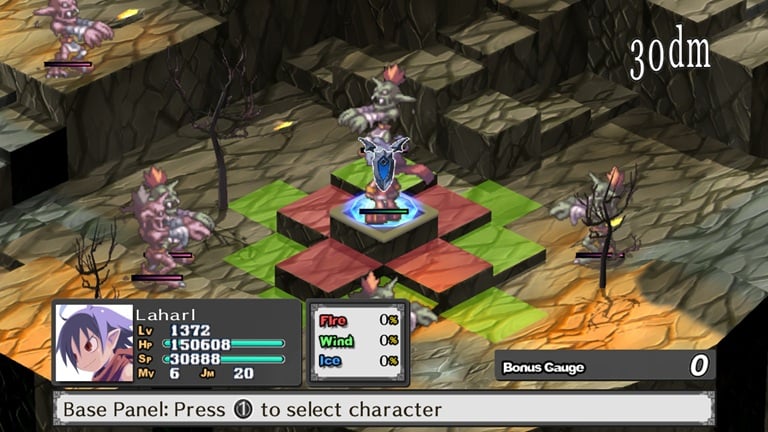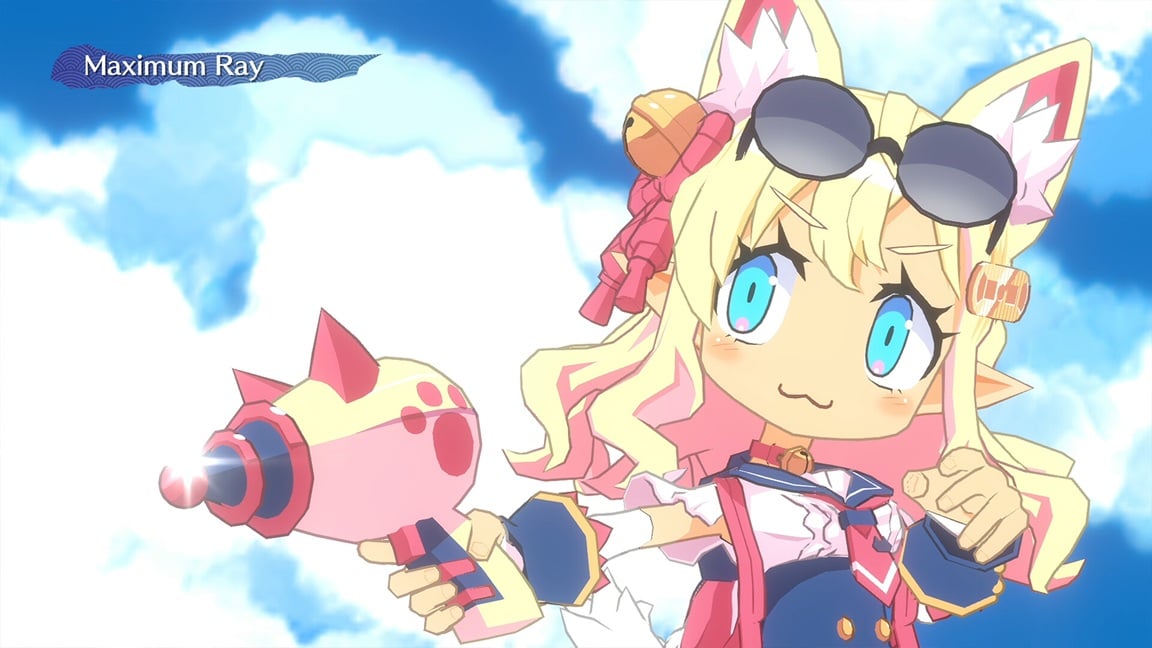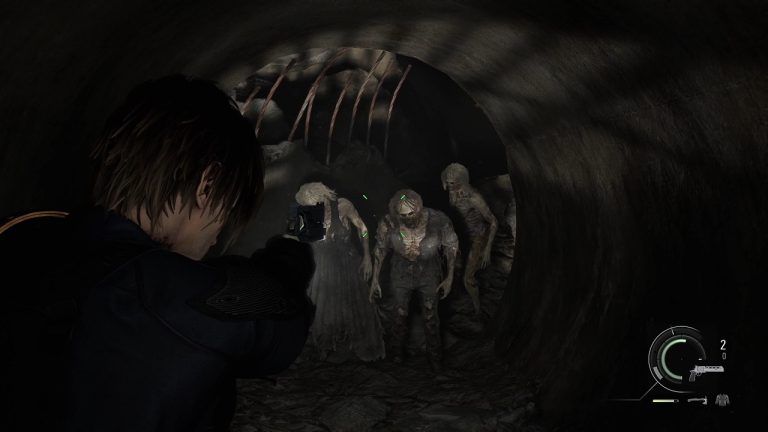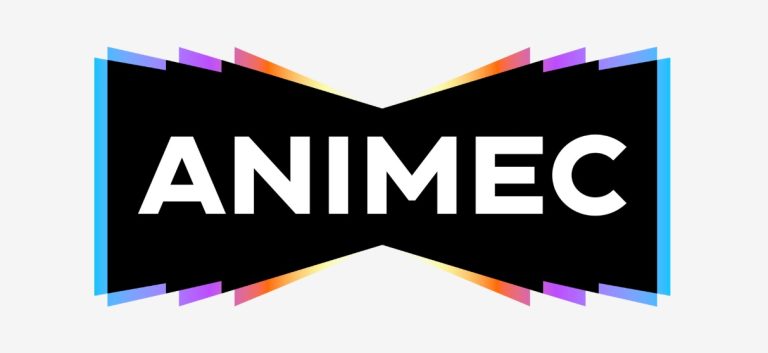Disgaea series developer Nippon Ichi Software (NIS) has recently announced their decision to shift from contract work for other developers to working more on in-house games, which they predict will result in significant financial losses. Not long ago, NIS also presented as many as 5 new original titles set to release in 2025 and 2026, with the developers admitting having to take many creative workarounds amidst rising development costs and financial constraints.
As Kabutan reports, Nippon Ichi Software announced a revision of their financial forecast on June 20, predicting a deficit of 254 million yen (around 1.7 million USD) for the first half of the financial year – higher than the originally predicted loss of 84 million yen (around 570,000 USD). The developer also estimates that yearly profits for the full fiscal year will drop by 52.6% – from the originally planned 325 million yen to 150 million yen.

NIS states that the main reason for this deficit was their decision to “reassess and revise” their contracts with other game companies, which suggests they have pulled out of or scaled down on some of their co-development work for clients. Apparently, the development cycle for these projects ended up lasting longer than planned, exceeding the original deadlines and causing NIS to eventually withdraw from them. As NIS is paid for this contract work based on the percentage of the project’s overall completion (as opposed to being time period-based) – this means that they will only be paid for the portion of work they did before pulling out of the contracts. This is what has caused projected losses to far exceed the previous forecast. However, NIS likely considers this a short-term loss necessary for them to further shift their focus to developing in-house IPs.

Nippon Ichi Software has always been leaning towards making original IP content – being a mid-sized company, they point out that their survival depends on doing things differently than triple-A studios, and that includes making bolder choices in developing games and embracing the creativity that comes with financial constraints. With 5 new IPs coming over the next two years, this shift from contract work to working on in-house games doesn’t come as a surprise at all considering the studio’s aspirations – in fact, it could be the push NIS needed to take on more original projects.






I am saddened by this situation, NIS was my favorite gaming studio until they went bankrupt and it felt like their talent left during this time. When disgaea 6 came out I was very excited but the difference in story/character writing took a nose dive. The move to 3d models also hurt their presentation and feel of the games even though the art was still good. If I could have a wish granted by shenron it would be to restore the vision and talent to NIS. My favorites from NIS include Disgaea series, La Pucelle, Soul Nomad, The Witch and the hundred knight series, The Labyrinth series, and The Marl kingdom series. The variety in games and lore while still having that signature NIS feeling is what made them the best. I feel that their hard work and craft was never recognized due to the depth of their games. The average gamer is not capable of getting the most out their titles due to suffering from being too great at their craft. Complexity is a barrier to entry unfortunately, but that complexity is what gives something its depth and longevity. I will forever be an NIS fan and I will never forget and appreciate all the experiences they have given me.